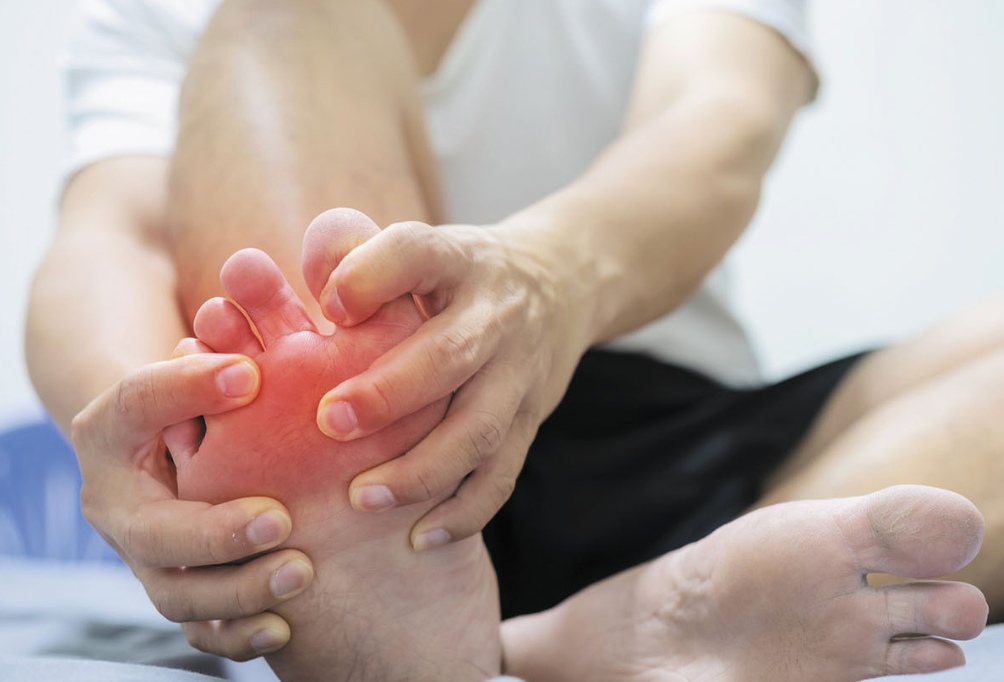Detecting Neuropathy Early: A Crucial Step for Effective Treatment
The peripheral nervous system, responsible for connecting the body to the central nervous system, plays a crucial role in transmitting sensations and controlling bodily functions. Neuropathy, or nerve damage within this system, can progress from minor discomfort to life-altering symptoms if left untreated. Understanding the stages of neuropathy progression is vital for early recognition and prompt intervention.
Progression of Neuropathy:
Stage 1: In the initial stage, sporadic symptoms like tingling, occasional numbness, and minor balance issues may be present. While these signs may seem inconsequential, recognizing them is crucial for early detection.
Stage 2: Persistent pain becomes evident in the second stage, s the need for medical attention. Ignoring symptoms at this point can lead to increased discomfort and functional impairment.
Stage 3: Intense pain c stage 3, significantly impacting daily activities such as walking and working. Seeking medical help becomes imperative to manage symptoms effectively.
Stage 4: Advanced neuropathy in stage 4 results in complete numbness, making injury detection challenging. Without intervention, irreversible nerve damage may occur.
Importance of Early Detection:
Controls Symptoms: Early detection allows for tailored treatment plans addressing specific symptoms. Whether experiencing tingling, pain, sweating, or digestive issues, identifying the underlying cause aids in selecting appropriate interventions, such as physical therapy or medication.
Halts Progression:
Identifying and addressing the root cause of neuropathy in its early stages can prevent further nerve damage. Prompt intervention increases the likelihood of stopping the progression and preserving nerve health.
Treatment Approaches:
Medical Assessment: Consulting a healthcare professional for a comprehensive evaluation is crucial for accurate diagnosis and personalized treatment recommendations. Factors such as the type of neuropathy, overall health, age, weight, and lifestyle guide the selection of optimal interventions.
Physical Therapy:
In many cases, physical therapy proves effective in relieving nerve pressure and managing symptoms. Customized exercise routines enhance oxygenation to nerves and contribute to overall nerve health.
Lifestyle Modifications:
Patients can actively support their neuropathy treatment by adopting healthy lifestyle changes. Weight loss, smoking cessation, and regular exercise contribute to improved nerve health.
DiabeticShoe.in offers a variety of goods that can help alleviate pain caused by foot arches.
Now is the time to buy medically manufactured insoles and shoes to treat Neuropathy pain!
Learn more about Prescribed Orthotics.








